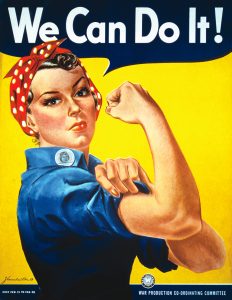Sex Stereotyping in the Office

Sex stereotyping is a common behavior in the work place. The NYC Commission on Human Rights tries to prevent stereotyping in NYC by enforcing the NYC Human Rights Law (NYCHRL). The Commission can take employers who do not follow the NYCHRL to court. They can also charge employers with discrimination and have them pay expensive fees and fines. This article will explore sex stereotypes. It will also provide examples of sex discrimination.
What is Sex Stereotyping?

Sex stereotyping is discrimination based on a person’s failure to conform to sex stereotypes. The NYCHRL also registers it as a form of gender discrimination. Additionally, sex stereotypes are common expectations of how a person should behave according to their gender or sex. They also include expectations of how a person should represent their gender. Representations can include:
- – behavior
- – clothing
- – hairstyle
- – activities
- – voice
- – body characteristics
- – mannerisms
Sex stereotypes can also relate to gender roles. For example, it is against the Law for employers to ask employees to conform to stereotypical gender norms. Sex stereotypes can also relate to the sexual orientation of a gender non-conforming person.
Examples of Sex Discrimination
Sex stereotyping or sex discrimination can manifest itself in numerous ways. It could be the usage of anti-gay epithets when talking about a gender non-conforming person. Discrimination could also be denying a female employee her promotion because she does act according to the employer’s understanding of femininity. Furthermore, it could be a policy that prohibits men from wearing makeup or jewelry at work.
Sex discrimination can be very subtle as well. An employer could delegate office “housework”–like organizing office parties—to a female employee and then criticize her character if she refuses. People are taught to believe that women are “nurturing” and “communal” by nature so an employer could think less of any female employee who challenged this idea.
